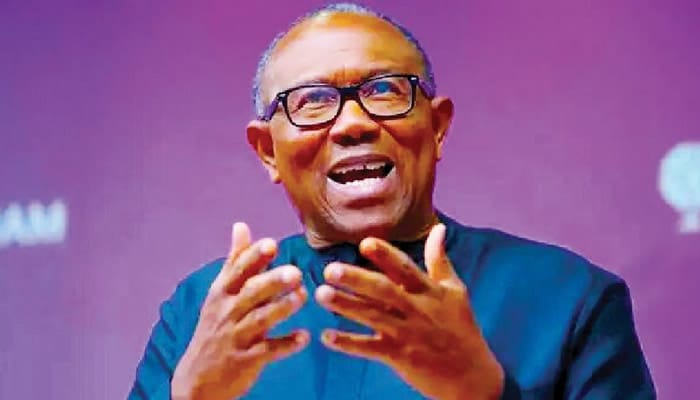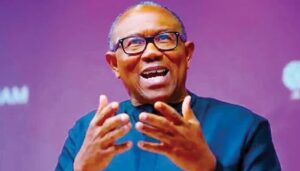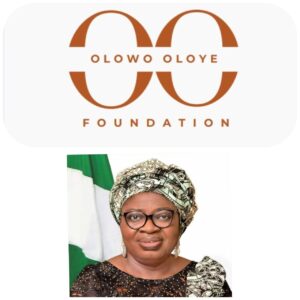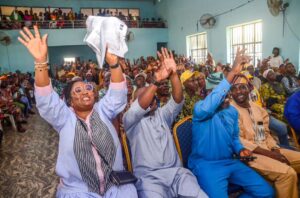JAMB Responds to Peter Obi’s Criticism of Early Exam Start Times Amid Safety Concerns

JAMB Responds to Peter Obi’s Criticism of Early Exam Start Times Amid Safety Concerns

The Joint Admissions and Matriculation Board (JAMB) has addressed criticisms made by Peter Obi, a former Presidential candidate of the Labour Party, regarding the early start time for its Unified Tertiary Matriculation Examination (UTME).
Obi took to X on Sunday to voice his concerns, highlighting reports that candidates, primarily teenagers, are being required to arrive at examination centers as early as 6:30 am, despite ongoing security issues. He labeled this practice as “reckless,” referencing incidents of accidents and missing students that he attributes to Nigeria’s insufficient investment in education.
He further stated, “Examining vulnerable teenagers as early as 6:00 am and requiring them to travel long distances poses serious risks. We are already hearing unsettling reports of students involved in accidents, going missing, and experiencing significant trauma. Who is accountable when a 15- or 16-year-old goes missing or is harmed in their quest for education?”
In its response on Sunday, JAMB clarified that while candidates are required to arrive by 6:30 am for verification and clearance, the actual examinations do not start until 8:00 am. The board emphasized that early arrival is crucial to prevent delays that could disrupt the examination process.
In a post on its official X account, JAMB stated, “Your Excellency, I would like to clarify that our examinations commence at 8:00 am, not 6:00 am. The verification and clearance process starts at 6:30 am to ensure candidates have sufficient time to settle in before the exam begins.”
The statement continued, “Due to tendencies often observed among Nigerians to arrive late when a starting time is set without accommodations for delays, this structured timeline is vital to ensuring all candidates are adequately prepared and can perform at their best.”
Obi, in his initial post, underscored the urgent need for increased investment in education, pointing out that Nigeria’s Gross Enrollment Ratio is significantly below global standards. He drew comparisons between Nigeria’s educational infrastructure and that of Indonesia, suggesting that expanding the number of universities and examination centers could enhance safety and accessibility for students.





